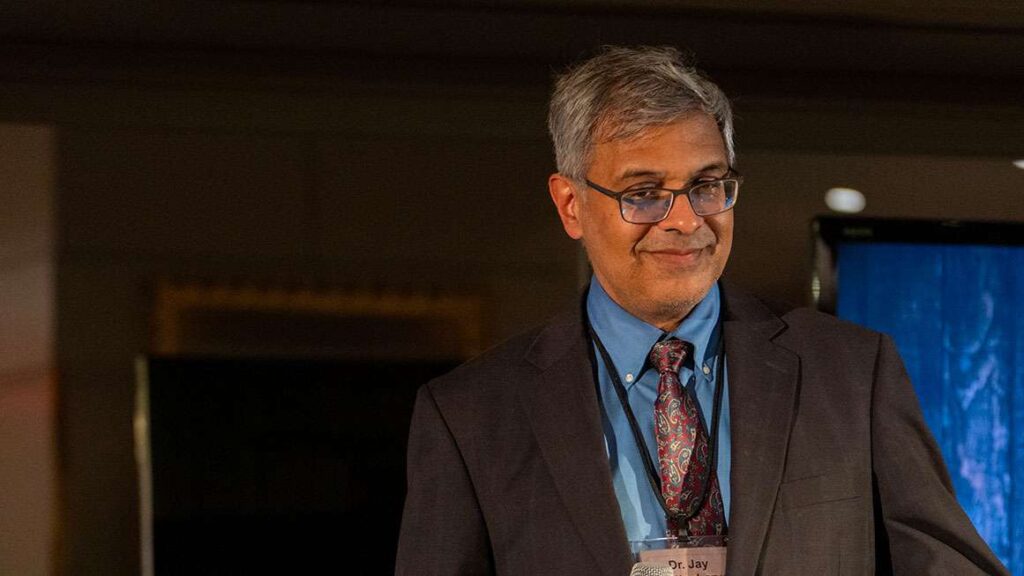Jay Bhattacharya is a professor of health policy and economics at Stanford University and co-author of the Great Barrington Declaration, which rejects COVID-19 lockdowns and instead focuses on protecting older Americans and other high-risk groups. Bhattacharya is currently filing a high-profile lawsuit in the Supreme Court, accusing the government of exerting undue pressure on social media platforms to censor scientific opinions that deviate from the official narrative. reasonNick Gillespie spoke with him at Reason Weekend in Boston in May.
Q: You are from India but grew up here. How did you feel when you first learned that you were blacklisted at the request of the government?
A: It’s so surreal. America’s civil religion is free speech. Blacklists are a thing of the past. This would never happen in modern America. I didn’t know how to handle seeing my name blacklisted.
Q: Talk about the collusion between social media platforms and the government that led to lawsuits.
Answer: White House, Office of the Secretary of Health, [Centers for Disease Control and Prevention]——One government agency after another [saying] Like, “Get these people out of here, or else.” If you read the following findings [Murthy v. Missouri] In this case, the social media companies’ response looked like a hostage situation.
Q: If the government said to a private company, “We don’t like this idea, so we want you to suppress it,” that would be a problem, right?
A: I think this is a direct violation of the First Amendment.
Q: Two people who were running for president at the start of the pandemic are running again — or possibly re-running for president. Is Joe Biden worse at handling the pandemic than Donald Trump?
A: No, I think they all failed in different ways during the pandemic. For Trump, I think the lockdown itself was a failure. If I were advising Trump at the time, I would have said that a lockdown was unlikely to be a good idea. I would also tell him that there is no such thing as a two-week lockdown. I would tell him about the dangers of lockdown, especially to children. There was extensive literature before the pandemic suggesting that schools should never be closed in such circumstances because it would harm children but would not have a huge impact on the spread of the disease.
Q: What’s wrong with Biden?
A: I think the worst thing is the way he’s managing the vaccine rollout. Rather than accepting the limitations of scientific data, he and his advisers argue that vaccines will stop you from getting and spreading the coronavirus. The result is almost a caste system where if you’re vaccinated you’re clean and if you’re not vaccinated you’re unclean. This is simply not consistent with the scientific data. I think that does a lot of damage to Americans’ trust in public health and in vaccines more broadly.
Q: Science doesn’t solve any problems. But does that mean you have to talk to people who make completely crazy arguments?
A: If you are a trustworthy public health agency and you treat people with respect, even people you think are wrong, then you will impact more people than if you say these words [other] People are untouchables. Public health is not foolproof. I want to treat ideas that I disagree with respectfully, because I might be wrong.
Q: Transparency is really important to you, right? You lay your cards on the table and say, “This is it. Tell me where I made the mistake.”
Answer: That’s right. This is actually how science works. In fact, if I wasn’t [ever] Wrong, I am not bold enough as a scientist.
This interview has been condensed and edited for style and clarity.

